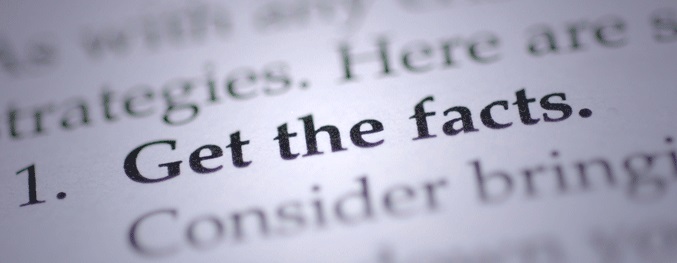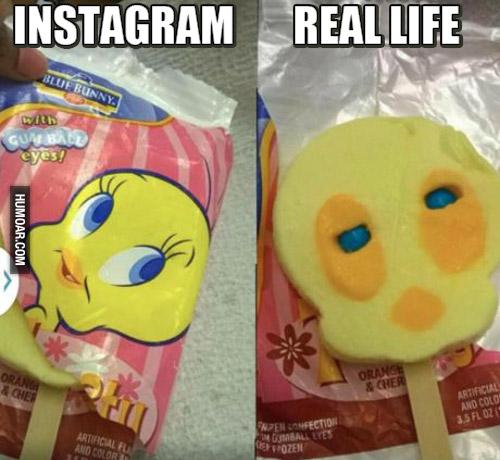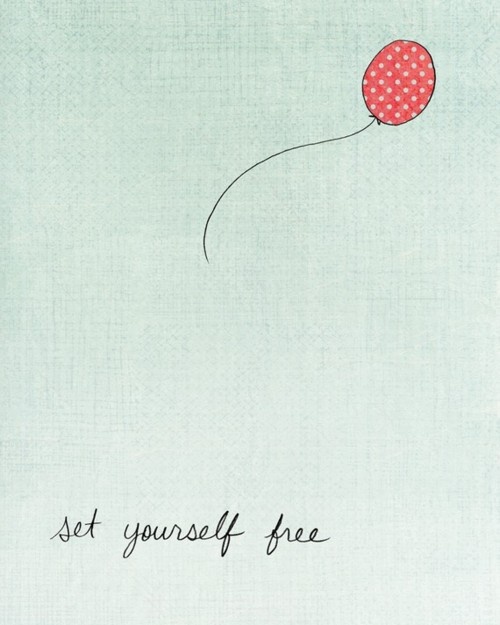What If Body Acceptance Doesn't Work? How About Body Neutrality?
Submitted by nedic blogger on Mon, 03/21/2016 - 14:26.png)
I see a life coach.
The funny thing is, I call her my life coach when I’m doing well. I call her my therapist when I’m doing not-so-well. Because really, she’s one in the same.
According to her — and the firm for which she works — the difference between a therapist and a life coach is just that: where you are in life. If we were looking at a scale that goes from -10 to 10, a therapist would be there for you if you were on the negative side of zero, helping you to reach a healthier, more neutral place. If you’re already there, though, a life coach helps you improve that position, moving you up the scale into more happiness and life satisfaction.



.png)
.jpg)


.jpg)



